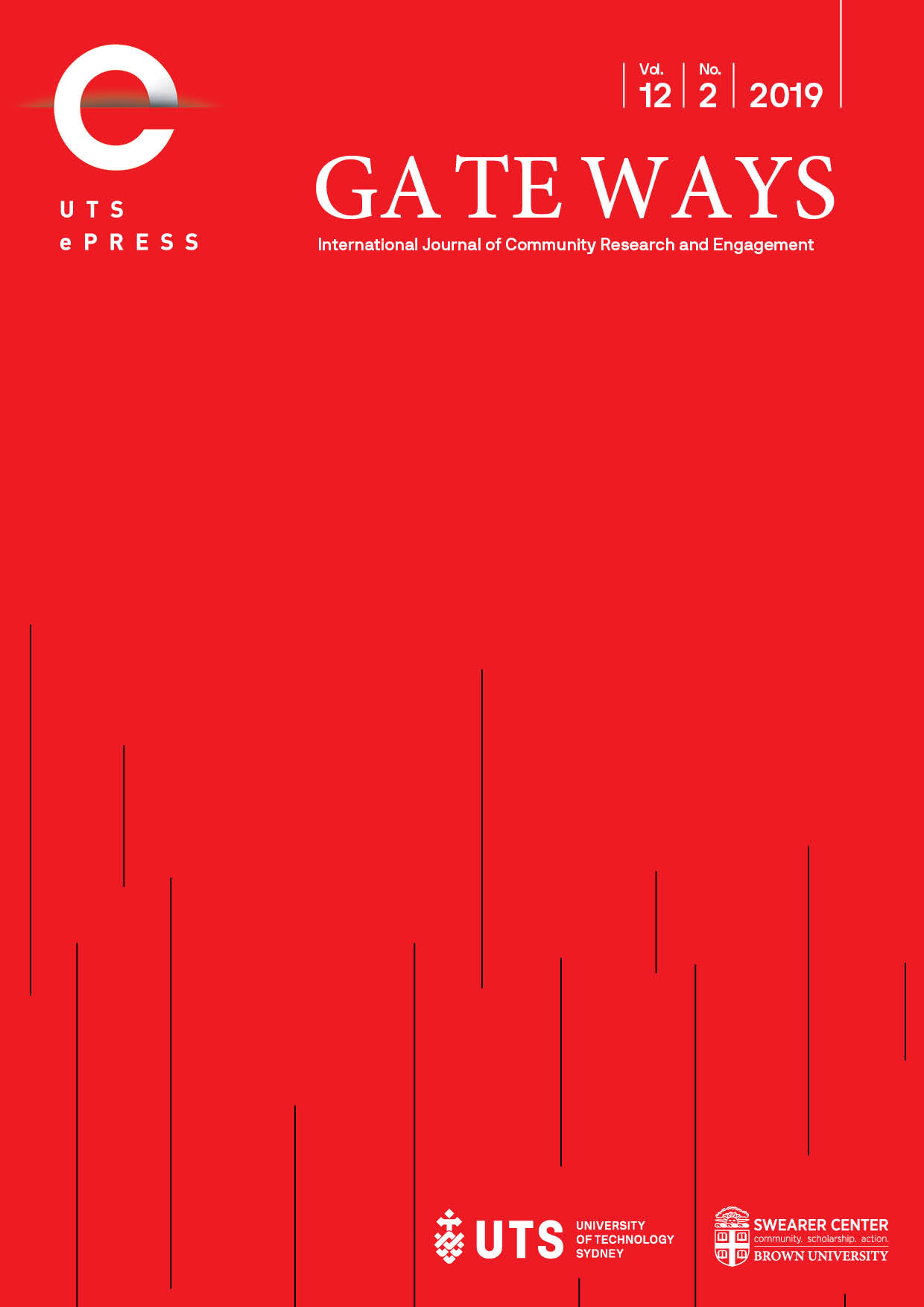The University of Gondar, Queen’s University and Mastercard Foundation Scholars Program: A partnership for disability-inclusive higher education in Ethiopia
Main Article Content
Abstract
This article describes the development and implementation process of an innovative 10-year partnership that draws on the strengths of existing community-based rehabilitation programs to support new education and leadership development activities in Ethiopia. Current global estimates indicate that over 17 million people may be affected by disability in Ethiopia. The national population projection for 2017 indicates that approximately 80 per cent of the population resides in underserved rural areas, with limited to no access to necessary health, rehabilitation, or social services. The University of Gondar (UoG) in Ethiopia has been serving people with disabilities in and around the North Gondar Zone since its inception in the mid-1950s. Over the years, its various units have designed and implemented numerous projects, employing alternative institutional and community-based models to promote the wellbeing of people with disabilities. Lessons drawn from these initiatives and shifts in health and social work practice informed UoG’s decision to establish its Community-Based Rehabilitation (CBR) program in 2005.
Given a shared commitment to the principles and practice of CBR, the UoG is presently collaborating with the International Centre for the Advancement of Community Based Rehabilitation (ICACBR) at Queen’s University in Canada to create new disability-related education and mentorship opportunities. These include community-based research and internship opportunities for undergraduate and graduate scholars through a shared Mastercard Foundation Scholars Program. The two institutions, in collaboration with the Mastercard Foundation, have an overall goal of creating a disability-inclusive campus and regional rehabilitation hub at UoG.
In this article, the authors discuss the unique collaborative structure of project management and implementation, and the embeddedness of university-community engagement to meet project objectives informed by the North–South/South–North partnership models. They also provide critical insights to, and reflections on, the challenges inherent in international, interdisciplinary university-community collaboration and the benefits from enhancing higher education in both Ethiopia and Canada. In contrast to shorter term or smaller projects that rely heavily on individual champions, this article focuses on larger scale, process-oriented institutional learning.
Article Details
Issue
Section
Authors who submit articles to this journal from 31st March 2014 for publication, agree to the following terms:
a) Authors retain copyright and grant the journal right of first publication with the work simultaneously licensed under a Creative Commons Attribution License that allows others to share and adapt the work with an acknowledgement of the work's authorship and initial publication in this journal.
b) Authors are able to enter into separate, additional contractual arrangements for the non-exclusive distribution of the journal's published version of the work (e.g., post it to an institutional repository or publish it in a book), with an acknowledgement of its initial publication in this journal.
c) Authors are permitted and encouraged to post their work online (e.g., in institutional repositories or on their website) prior to and during the submission process, as it can lead to productive exchanges, as well as earlier and greater citation of published work (See The Open Access Citation Advantage Service). Where authors include such a work in an institutional repository or on their website (ie. a copy of a work which has been published in a UTS ePRESS journal, or a pre-print or post-print version of that work), we request that they include a statement that acknowledges the UTS ePRESS publication including the name of the journal, the volume number and a web-link to the journal item.
d) Authors should be aware that the Creative Commons Attribution (CC-BY) License permits readers to share (copy and redistribute the work in any medium or format) and adapt (remix, transform, and build upon the work) for any purpose, even commercially, provided they also give appropriate credit to the work, provide a link to the license, and indicate if changes were made. They may do these things in any reasonable manner, but not in any way that suggests you or your publisher endorses their use.
For Volume 6 (2013) and before, the following copyright applied:
Articles published by UTSePress are protected by copyright which is retained by the authors who assert their moral rights. Authors control translation and reproduction rights to their works published by UTSePress. UTSePress publications are copyright and all rights are reserved worldwide. Downloads of specific portions of them are permitted for personal use only, not for commercial use or resale. Permissions to reprint or use any materials should be directed to UTSePress.
